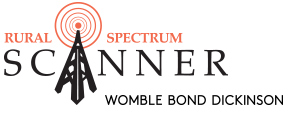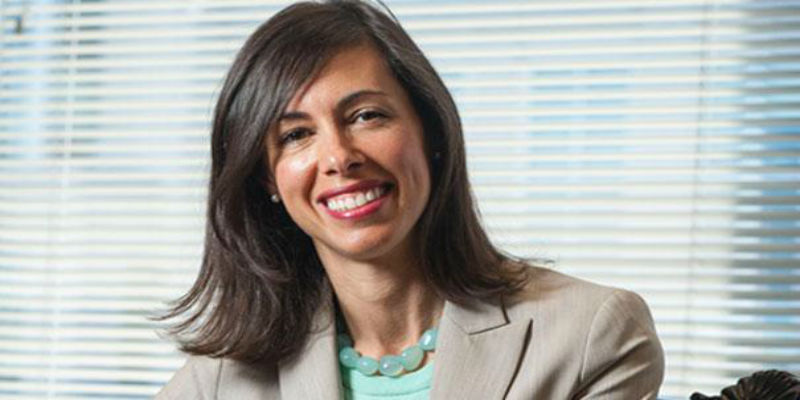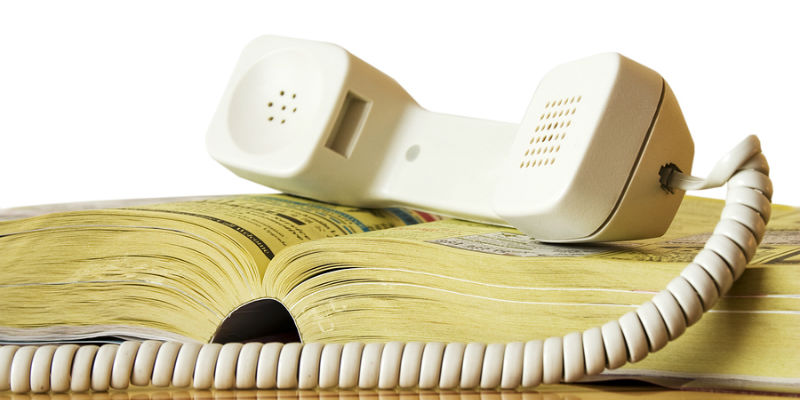Continuing with its efforts to stop illegal robocalling, the Federal Communications Commission (FCC) has adopted rules to further encourage phone companies to block illegal and unwanted robocalls before they reach consumers.
The new rules, which implement the TRACED Act that directed the FCC to give voice service providers a safe harbor for the blocking of calls under certain circumstances, offer companies two safe harbors from liability for the unintended or inadvertent blocking of wanted calls. The first safe harbor protects from liability companies that use reasonable analytics, including caller ID authentication information, to identify and block illegal or unwanted calls. The second safe harbor protects from liability providers that block call traffic from bad actor upstream voice service providers that, either negligently or intentionally, continue to pass illegal or unwanted calls along to other providers, when those upstream providers have been notified but fail to take action to stop these calls. The Commission emphasized that emergency calls should never be blocked.
Additionally, through a Further Notice of Proposed Rulemaking, the Commission sought comments regarding additional steps to protect consumers from robocalls and better inform them about provider blocking efforts. The questions asked by the FCC include whether to obligate phone companies to better police their networks against illegal robocalls, whether to require them to provide information about blocked calls to consumers for free, whether any measures are necessary to address the mislabeling of calls, and questions about redress mechanisms for callers when their calls are blocked.







